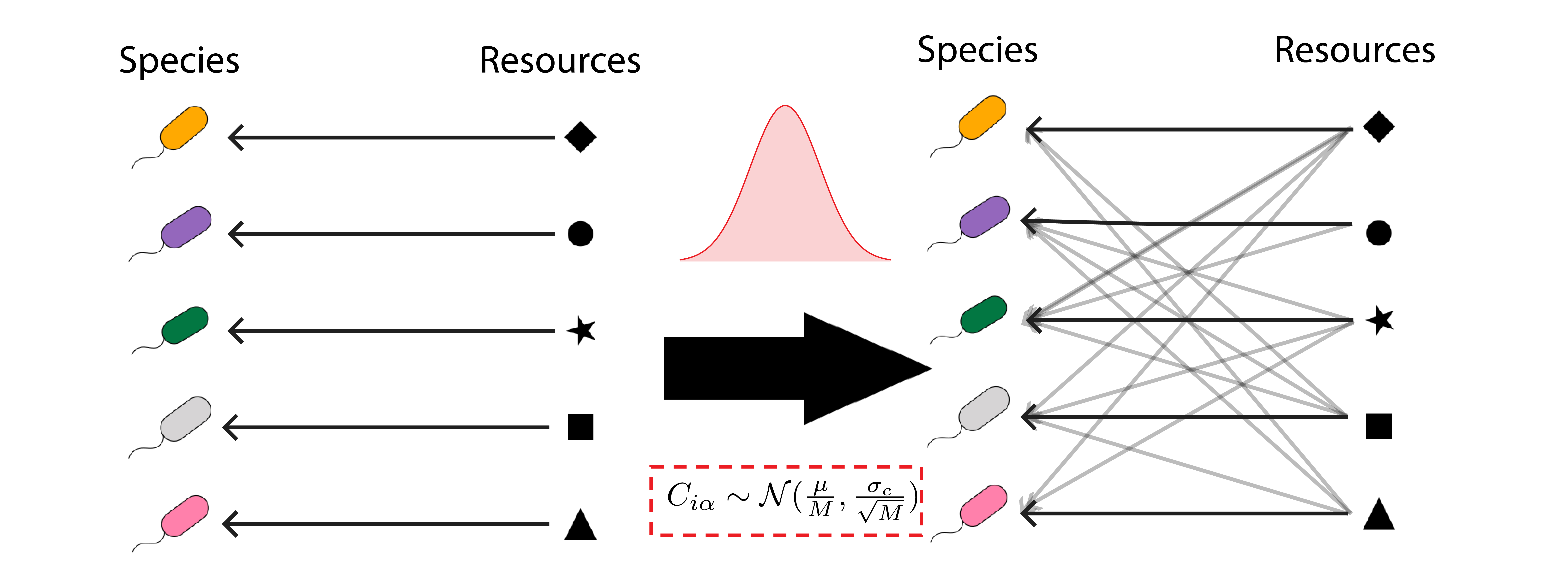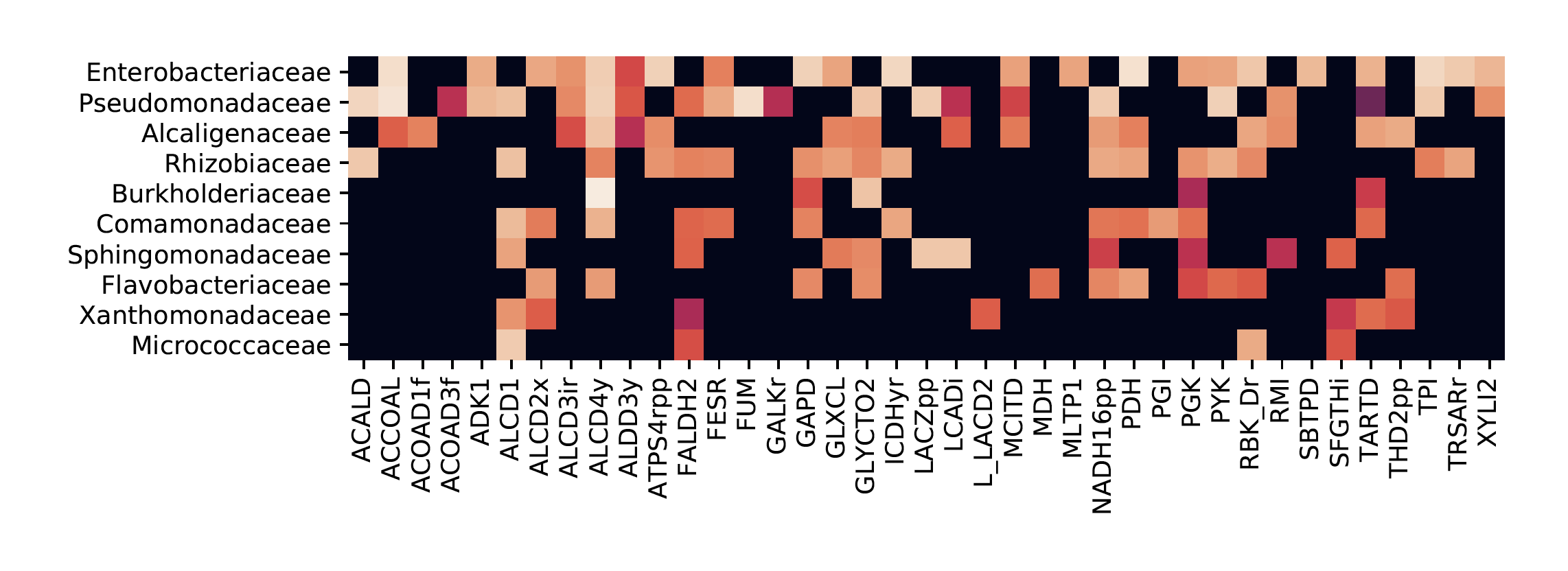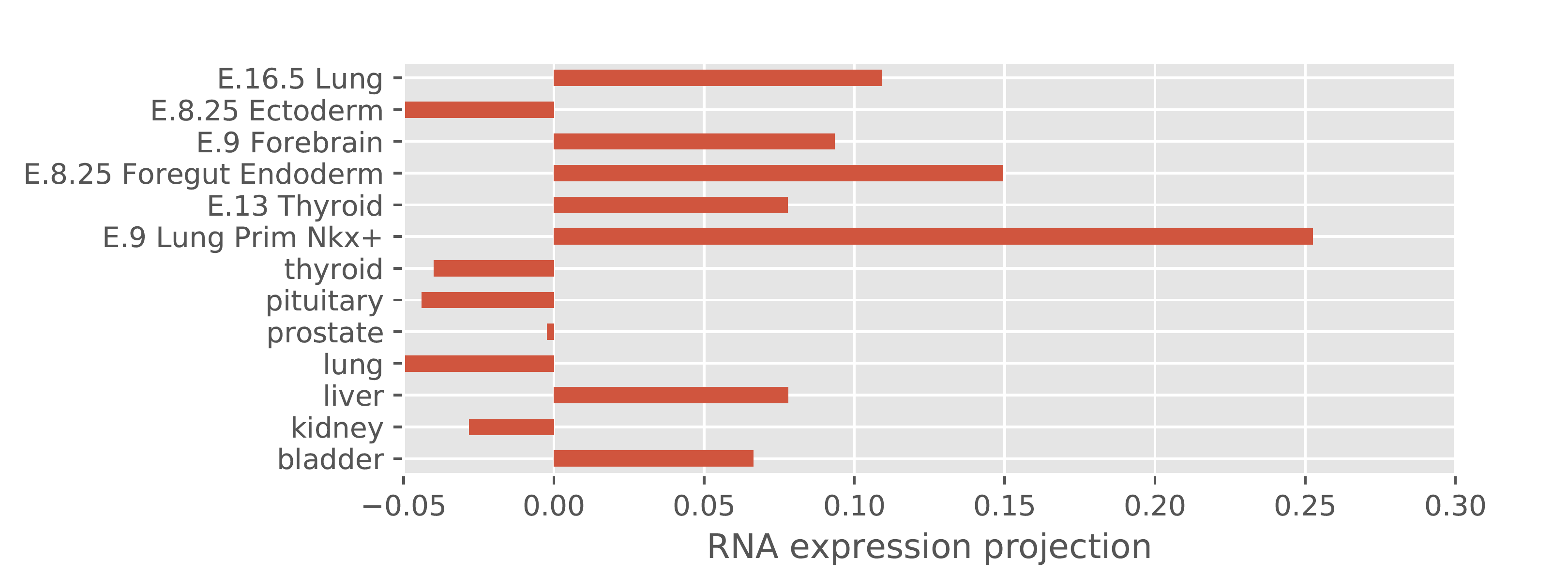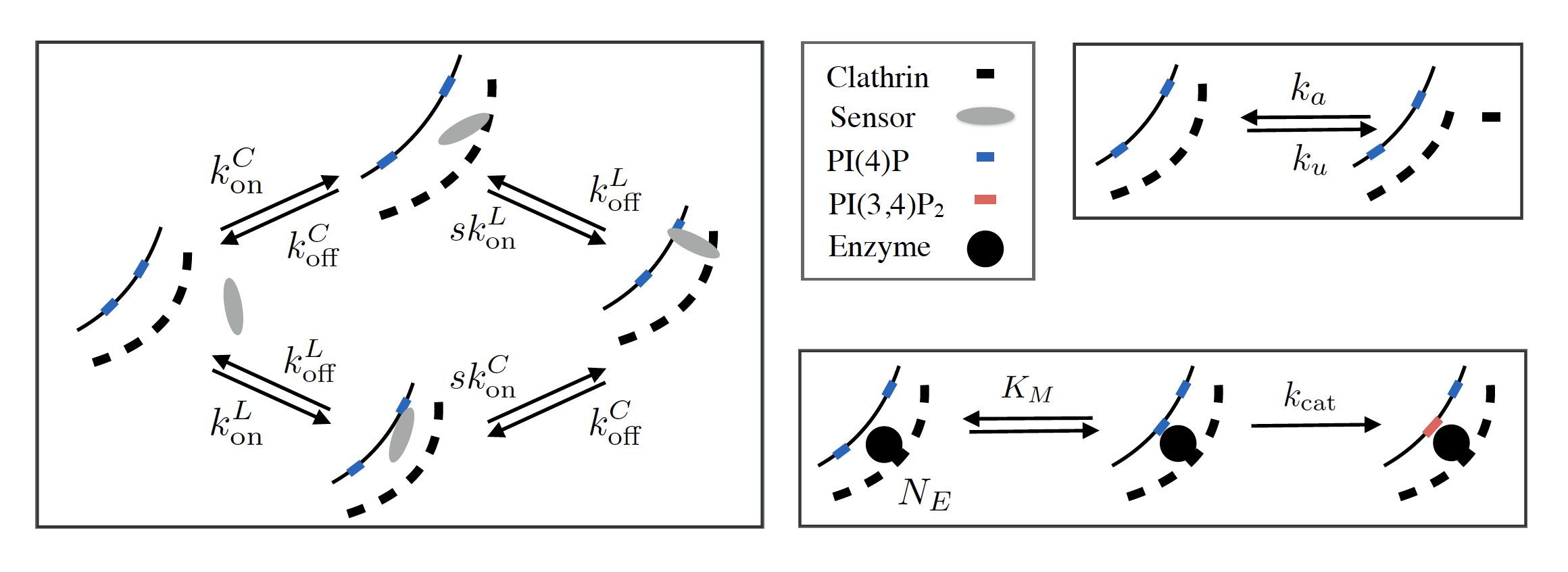Research
New technologies are generating ever-increasing amounts of data at every level of biological organization, from small molecules and metabolism, through gene expression and protein interactions, up through tissues and even ecosystems. But extracting generalizable statements remains a challenge – especially if one wants these to serve as principles for biological engineering. I believe that theory can make just as decisive a contribution in addressing this challenge as it has for mechanics, electromagnetism, thermodynamics and chemistry: by revealing what the informative quantities are, and by constructing frameworks for summarizing and reasoning about them.
In my graduate and postdoctoral work, I drew on insights from Statistical Physics, Machine Learning and Theoretical Ecology to make progress towards these goals. See the links below for more details on each project.
-
Collective computation in biological populations

-
Statistical physics approaches to community ecology

-
Tools for quantitative prediction in microbial communities

-
Thermodynamic constraints in living matter

-
Conditions for emergence of self-sustaining metabolic networks

-
Mathematical tools for improving stem cell protocols

-
Bayesian analysis for small molecule sensors
